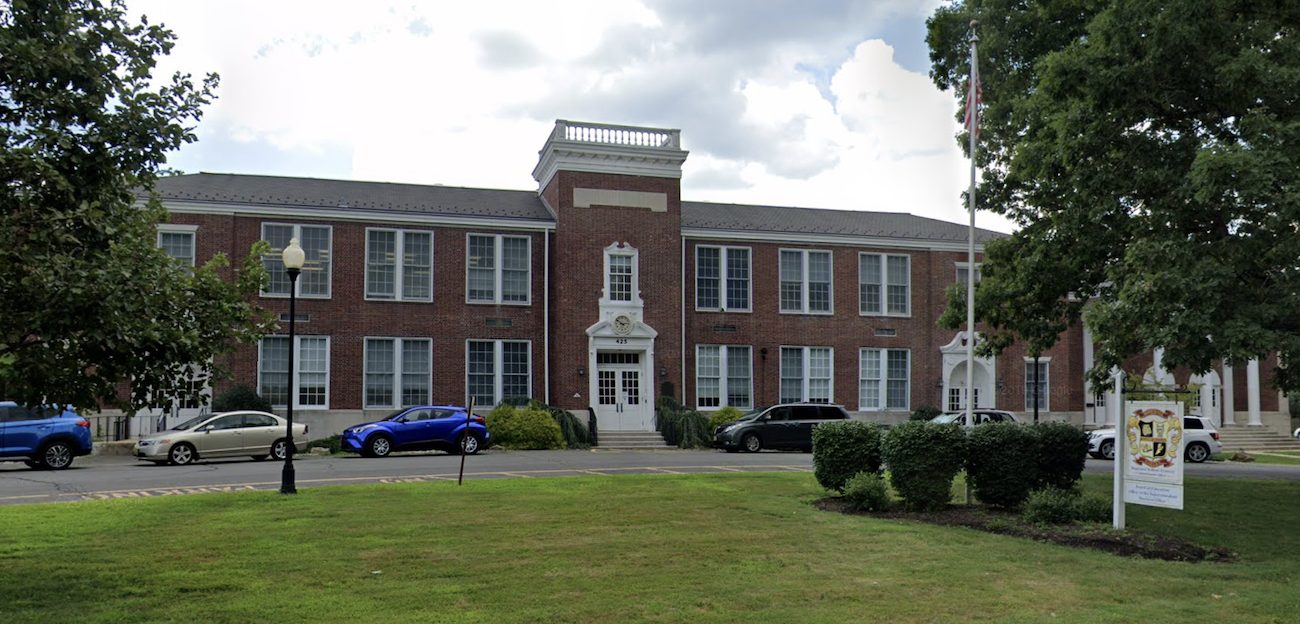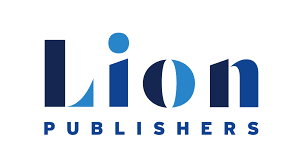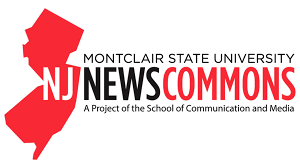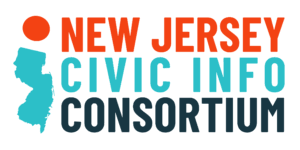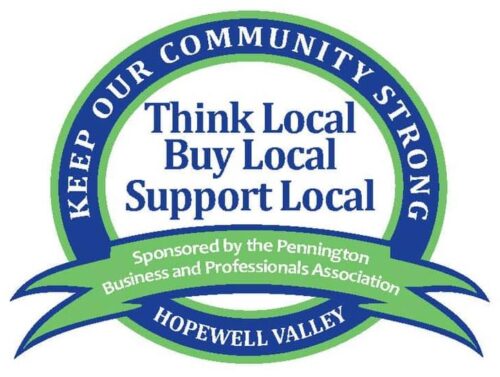MercerMe has reached out to this year’s uncontested Board of Education candidates to share their perspectives and priorities as part of our commitment to keeping Hopewell Valley residents informed. While the election is uncontested, voters need to know who will be representing them in shaping the future of our schools. Below are the responses from Jacquie Genovesi, Dhruv Kapadia, Alex Reznik, John Slotman, and write-in candidate Amanda Stylianou to help you make an informed decision at the polls. Edited 10/14/24: Write-in candidate Theresa (Tracy) Vogler has also thrown her hat in the ring. Here is a link to her Letter to the Editor announcing her candidacy.
1. For incumbents, what accomplishments or initiatives are you most proud of during your tenure on the School Board? For new candidates, what experience or qualifications do you bring that will help you serve effectively on the Board?
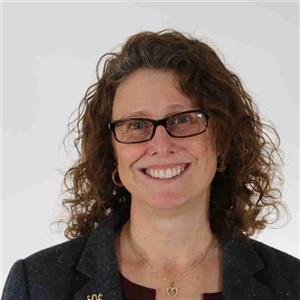
Genovesi: I am running for my second term on the School Board. I think with everything that has happened over the past year and with it being an election year, I would like to educate people a little on how a school board works. While I am very proud of some things WE have accomplished such as increased programming and supports around mental well-being, ensuring our students are receiving the best academic program in very challenging economic times and standing up for the rights of all students, including students with disabilities, our LGBTQ+ students and other who are marginalized. It is important to note, they are not MY accomplishments. I am one of nine votes on the school board. We work, as a whole, a team and no one single person is able to make decisions unilaterally. Working together and putting the needs of students first is how a school board should operate. I want to be clear I don’t always agree with everything the administration proposes and I question and ask for refinements when necessary. What this board does well is we ask important probing questions, have civil conversations, and then come to consensus and align around what is best for our students.
Kapadia: Since my term began in January, I have brought a progressive perspective to our school board. As a member of the Policy Committee, I have worked to ensure equity within our district by:
- Abolishing the ineffective and costly random drug testing program.
- Amending policies to use gender neutral language and inclusive pronouns.
- Advocating for protections for cultural attire and natural hairstyles into prospective dress code policies.
- Codifying restorative justice practices in the student code of conduct for non-violent infractions.
As a member of the Education Committee, I have sought to address curricular gaps by:
- Lowering the unrealistic and burdensome TMS Math placement cutoffs to 90% and instituting a qualified waiver of 87% for students on the cusp.
- Advocating for the inclusion of agricultural curricula into HVRSD science classes in collaboration with community farmers.
- Approving the additions of diverse learning materials to high school Language Arts and Social Studies curricula.
- Working with district administration to create targeted interventions that address the academic achievement gap between Black and Latino students and their white and Asian peers.
Reznik: I had three goals in mind when I ran for the Board three years ago. First goal was to change the placement and tracking system for mathematics in Middle School so that we were not making decisions that may significantly impact college admissions based on an imperfect 5th grade placement process. In the process of doing so, we also discovered that the system was biased in ways we did not suspect. We accomplished that change. The math tracking system in Middle School is now more flexible; the parent waiver process is explicitly spelled out; and we are now making changes to the placement process as well. Second goal was to eliminate the random drug testing policy – something I was vocally against even before I ran for the board. We accomplished that. Third was to improve the way we as a district teach civics and the foundational structures and values behind the American system of government. This is a soft goal, but I am happy to have found like minded folks on the Board and we are working on it. So I am happy (don’t know if proud is the right word) to have been able to accomplish what I had in mind going in.
Slotman: I was honored and humbled earlier this year to have been selected to serve our community as a member of the Hopewell Valley Regional Board of Education. Serving the families, educators, and students of our school district is a great responsibility, and I take that responsibility seriously.
Among the reasons why I was most interested in serving as a member of our Board of Education was a focus on prioritizing STEM education. The 2023 budget process unfortunately resulted in the elimination of the facility level STEM educators at each of our four elementary schools. I am proud to say that these positions were reinstated as part of this year’s budget cycle. Early STEM education is critical in our schools, and I am excited that these positions are once again part of our educational programming.
Stylianou: As a social worker, I have spent my entire career supporting and advocating for youth and families. I am deeply committed to our children and dedicate my time leading a Bear Tavern Girl Scout troop, helping with all the class activities, and getting to know each child in the class. I am skilled in building a sense of community and making sure each voice is heard, a critical skill in supporting our community as we move forward to the challenging financial decisions ahead. With a focus on collaboration, I will work to ensure that our schools continue to thrive while balancing the necessary fiscal responsibilities.
2. Which voting district or municipality within the School District will you represent if elected?
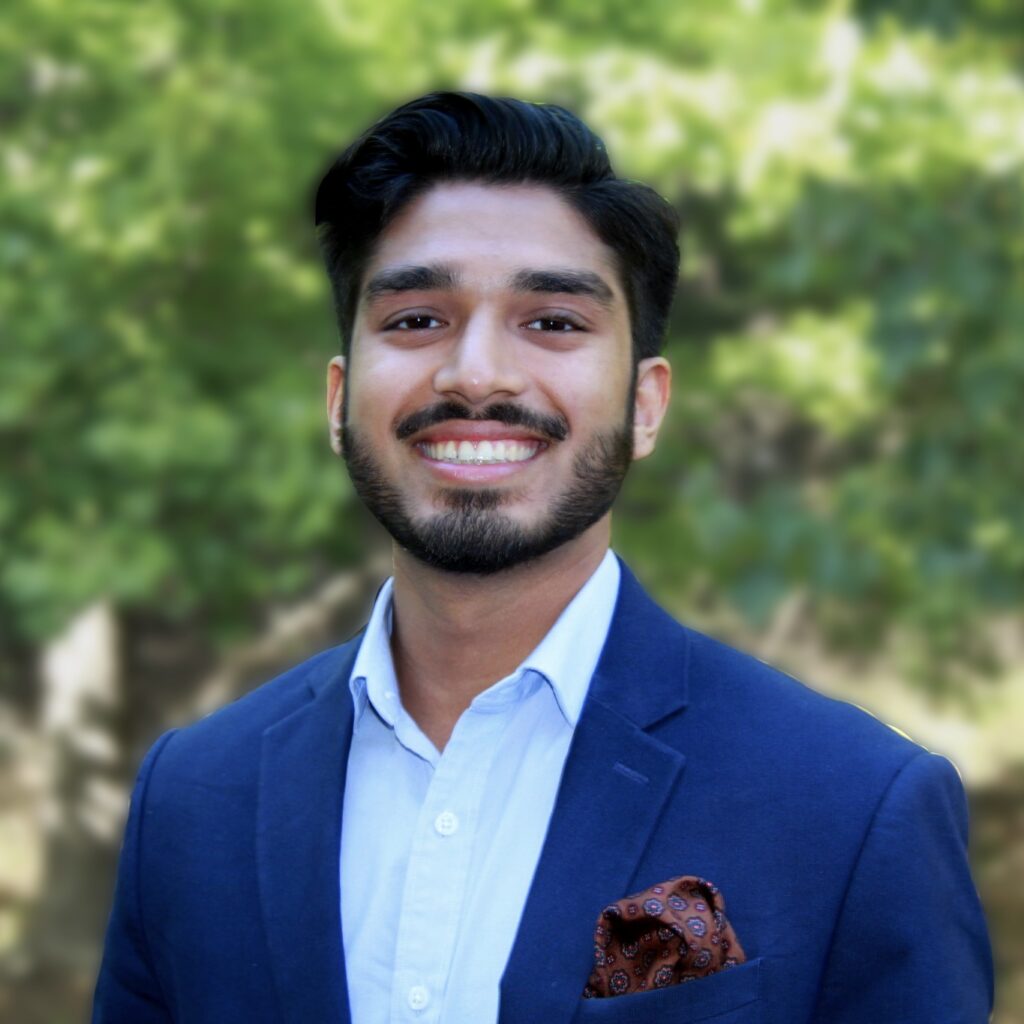
Genovesi: I represent Hopewell Township and I promise to do what is best for all of our children.
Kapadia: If re-elected, I will continue representing Hopewell Township.
Reznik: I am running for the Pennington Borough seat. However, per NJ statutes, all of us, no matter how elected, are supposed to represent the interest of the district as a whole, not just our part of it.
Slotman: My wife, Jessica, and I live in Hopewell Township with our sixth and seventh graders, and I would proudly represent if elected Hopewell Township on the Board of Education.
Stylianou: Hopewell Township
3. With the recent defeat of the $87 million bond referendum by a wide margin, what do you see as the next steps for addressing the infrastructure and other needs identified in the proposal? How do you plan to approach this issue moving forward, considering the concerns expressed by voters?

Genovesi: Thanks to our amazing facilities personnel we already have a list of projects that are prioritized by need. We will work on these projects as funds become available. It is important to understand the school board budget is capped. Without the referendum funds, any emergent infrastructure project funding must come from the regular school budget. We will have to make tough decisions. I will do my best to ensure that these decisions have the least impact on student learning and mental wellbeing, especially protecting our most vulnerable students.
As far as the referendum is concerned, we need to listen to the community and find a common ground. Much of the referendum are needed infrastructure improvements and expanded learning spaces not “nice to haves”. It is fixing roofs that we not addressed in the last referendum. It is building classrooms to house new students. It is providing furniture for those classrooms not new furniture for the entire district (another misunderstanding that I read on social media). I will work towards a compromise that will address community concerns while providing for our students.
Kapadia: The community’s rejection of HVRSD’s requested $87 million bond referendum highlights the need for better communication and transparency about the specific projects and costs involved. Upon reviewing recurring concerns raised at town halls, via Facebook forums, and through conversations with neighbors, it is clear that the inclusion of the TMS turf fields and CHS concession stand were not supported by the community. With this feedback, it is important for the district and Board of Education to come back to the community with an altered, trimmed-down referendum request. However, I want to make clear to voters that nearly 91% of the referendum’s expected costs are essential for critical infrastructure repairs, student safety, and building expansions to accommodate increased enrollment from our community’s new development. For more information about this breakdown, please visit the following link.
I also want to address a point regarding Hopewell Township’s PILOT agreement. Let me be clear – we as a school board can do nothing to obligate the Township Committee to allocate funds to our capital projects. The Zaitz Tract PILOT is a legal agreement between the Township Committee and developers, and the school board does not have authority over its $110M projected revenue. That being said, we have an open line of communication with the Hopewell Township Mayor and Township Committee, and I trust the Mayor’s repeated written commitment to support Bear Tavern’s planned improvement costs.
Reznik: As I’ve said publicly during board meetings – and the town hall – I’ve always viewed the referendum as the Board being transparent about the true state of our infrastructure and providing the voters a way to tell the Board what kind of district they wanted to have, say, 5 years from now. The voters have spoken rather conclusively. Looking ahead, I do think that it is important for folks to understand that we only have two pools of money in the budget that are large and discretionary – facilities and regular instruction (things like transportation, special ed, etc. are largely mandatory). So if we need to plug significant holes in the facilities budget (and we will likely need to do that to keep schools open), there is only one place for us to look. The specifics of what this is going to look like should become apparent in the coming few months as the administration will be bringing their recommendations to the Board.
Slotman: The several months I have been fortunate to serve on our Board of Education have been insightful in understanding the near-term facilities issues facing our school district. The fate of the referendum does not change these needs. We have already seen in recent school years situations where students have been released early or school starts delayed on account of urgent facility issues. These issues will only get worse over time if unaddressed and begin to impact our student and educator experience.
In the near-term, the school district will need to consider addressing the most pressing needs as part of the regular budget process. The district moving forward should proactively engage the Hopewell Valley community to ensure input in any further deliberations on these infrastructure issues. It will take all of us working together collaboratively to solve our school infrastructure needs for current and future Hopewell Valley residents and students.
Stylianou: Our schools face serious infrastructure challenges that must be addressed, especially as we prepare for future growth. To meet these needs, we must closely examine the budget and develop a revised referendum that reflects our schools’ needs and the community’s concerns. I’m committed to listening to everyone and ensuring all voices are part of the conversation. Together, we can work toward creating a referendum that we can all be proud of and that benefits our children and schools for years to come.
4. How do you believe the District can ensure that all students are treated fairly and equitably, particularly in addressing any biases in policies, practices, or disciplinary actions?
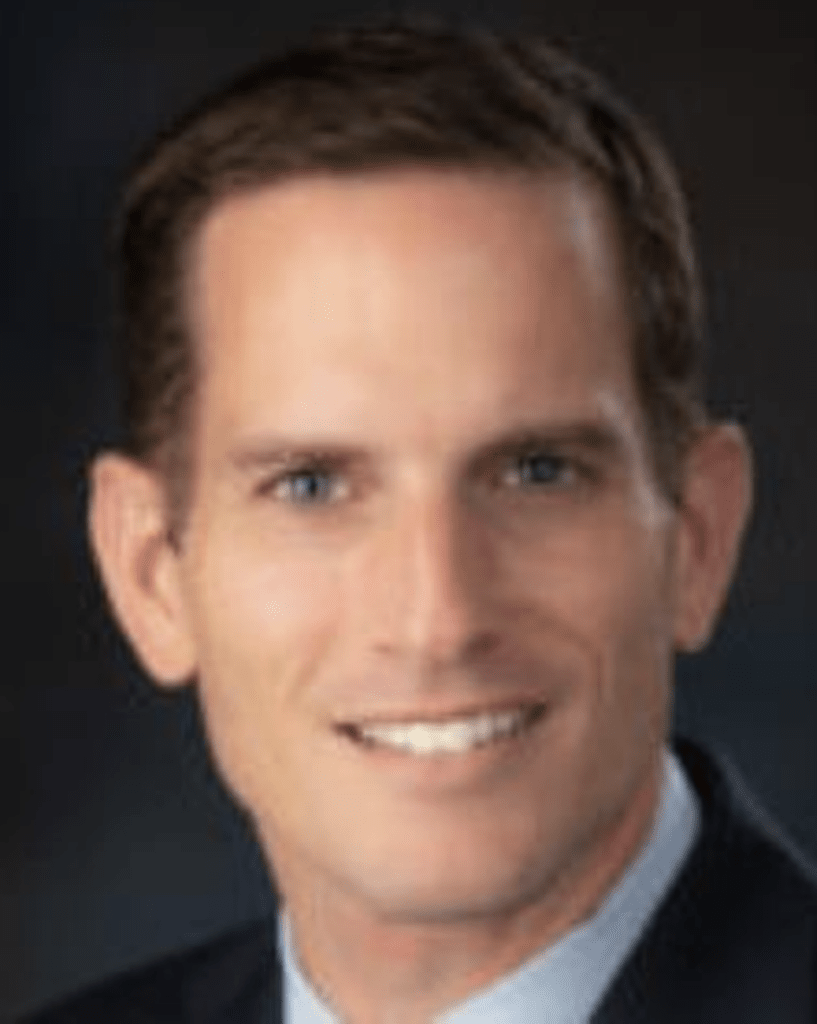
Genovesi: As a board, we are looking at our policies and procedures to address issues. There is still much work to be done. I think the most important action I can take is to always have our students needs in my mind. I have several DEI certificates and continue to educate myself on diversity, equity and inclusion issues. I also train others on culturally sustaining mentorship and practices. When I was nominated for the Presidential Award for Excellence in STEM Mentoring, the one characteristic that others appreciated was my clear-sighted understanding of the systemic issues that threaten youth while helping to pivot our views from deficit based to asset-based thinking. From that nomination letter, “Dr. Genovesi’s ability to understand deeply the challenges faced by many BIPOC (and other marginalized) people, even if she has not experienced it herself is exceptional because she is leads with reflection, is open to feedback, and is responsive even when it challenges her own personal work”. This is what I will bring to the board.
Kapadia: In terms of policy, we must continue to critically examine and update our current guidelines. Whether it is protecting Policy 5756, which safeguards transgender students, critically reviewing gendered language in student policy, or abolishing the district’s random drug testing policy, our Board must continue to ensure that all students are treated fairly and equitably.
In educational practice, we must ensure that students from all backgrounds are receiving the support they need. For more than a decade, HVRSD has seen academic achievement gaps between Black and Latino students and their white and Asian counterparts. We must do more, which is why I have called upon our administration to create targeted interventions for our marginalized students. Without educational equity, our community’s next generation cannot succeed.
In disciplinary action, we must avoid punitive measures that disproportionately affect students of color and students with disabilities. As a member of the Policy committee, I have helped codify additional restorative justice practices into our student code of conduct for non-violent infractions. Moreover, I have continuously advocated for reducing out-of-school suspensions for first offenses and expanding in-school suspension and mediation practices.
Reznik: I find myself at a loss to point at specifics since you presume the existence of biases without providing any examples. The best that I can do with that is to say that there is a significant amount of effort and energy spent on ensuring that our district is an environment where everyone feels welcome and is given the tools they need to succeed. I am sure that we are not perfect – no one can be on this issue. However I think we do very well.
Slotman: One of the most important roles the school district has, and the Board of Education should support, is to foster and create conditions for a safe learning environment for students and teachers alike. I believe our school district, in general, does an admirable job in enabling safe learning environments for our students and educators. HVRSD should continue its work in this area while engaging outside experts as needed to help facilitate continued bias and discrimination training as well as learning and conversations on this important topic. We should also continue the district’s work to identify ways to address equity and disparities in academic achievement. Learning is best accomplished when we can provide all students with a safe learning environment.
Stylianou: We must regularly review our policies and practices, with feedback from students and teachers, to address and eliminate biases. This is especially true regarding disciplinary actions to ensure discipline is applied fairly and equitably. I am committed to regularly reviewing data on disciplinary actions and other key areas to shed light on inequities and create improvement opportunities.
5. What are your views on how the District should support students of all identities, including those who identify as LGBTQ+?
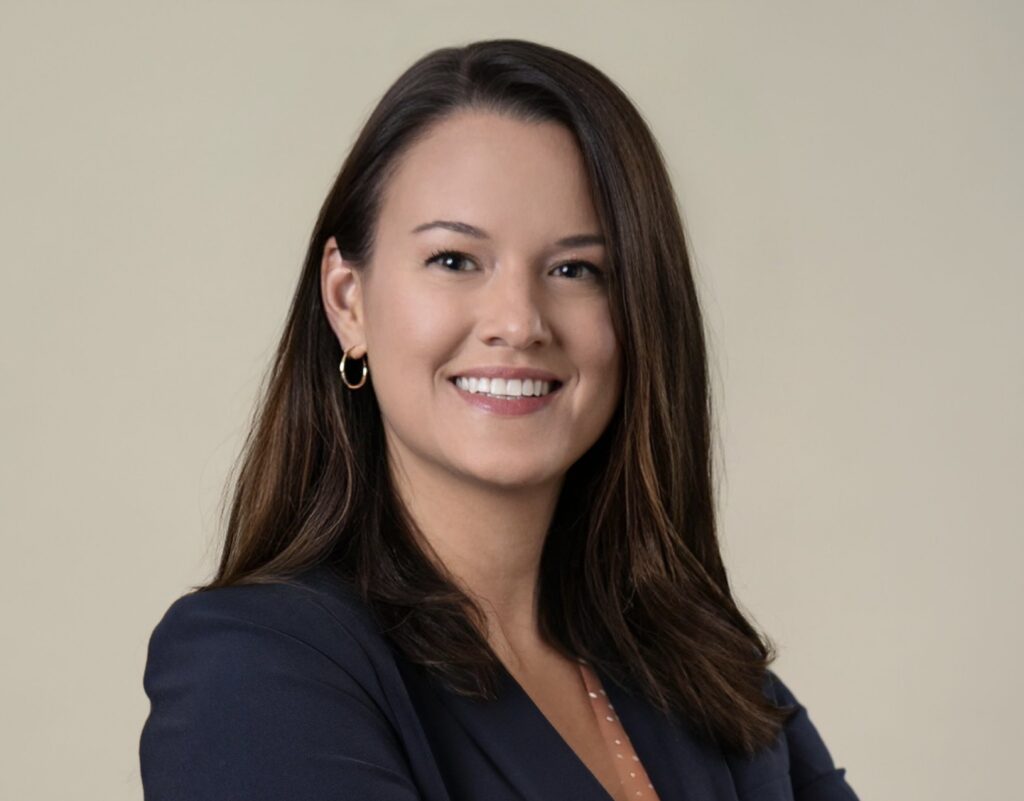
Genovesi: I will wholeheartedly fight for all our marginalized students, especially our LGBTQ+ students. I do this because all our students deserve a safe and nurturing environment where they can learn. As a mother of children with disabilities both physical and learning, of a queer child and of children who struggle with depression and anxiety, I know how difficult it can be to have a child that struggles in school. We need to do better and ensure that our schools are welcoming spaces for all our students. Topics like mental health and the well-being of students and staff can never be “successfully addressed” they are ongoing matters that need on-going support.
The board also needs to support administrators and staff with professional development and supports. These issues are too complex for teachers to have to take on by themselves. They should know how to support students and where to go for help.
Kapadia: Marginalized students, especially those who identify with the LGBTQIA+ community, are an integral part of our student body, and we must do all that we can to protect, support, and uplift them. During my time on the Board, I have amended policies to use gender neutral language and inclusive pronouns, vocally supported Hope Rises Up’s LGBTQ+ 301 Event, and approved the addition of diverse learning materials to our high school’s history and language arts curricula. These efforts are steps in the right direction, but we must do more to create a truly inclusive and affirming academic environment for our marginalized students.
Our biggest area of improvement needs to be through curriculum and education programming. I strongly believe that our health education needs more nuanced instruction regarding gender identity and expression. Likewise, our English and Social Studies curricula across schools must do more to highlight the work, struggles, and successes of marginalized people. Moreover, we must ensure that our staff looks like the students they teach. Inclusivity and equity should be at the core of our educational approach, and we must do all that we can to ensure that all students thrive and feel respected within our schools.
Reznik: … by making sure that everyone feels comfortable and welcome and is provided with tools to succeed.
Slotman: First and foremost, we should celebrate and respect the individuality of every HVRSD student. Our school district has worked to create a learning environment including policies and regulations that both respect the individuality of every student and educator and create an environment where students feel safe to learn at school. This includes numerous parent and community learning opportunities via webinars and other events.
All students should feel safe in their learning environment; we must be especially certain that all LGBTQ+ students have the critical social, emotional, and educational support needed for academic achievement. These supports should include not only a nurturing learning environment but also continued access to wellness and mental health supports as well. Student health and wellness is a key responsibility of the school district, and we should work in support of the health and wellness of all students.
Stylianou: Inclusivity and respect must be the foundation of everything we do in our schools and community. Schools should include diverse visuals and materials, such as books written by people of diverse racial and ethnic backgrounds, pride stickers, and pictures and art representing various Identities. I believe having opportunities for student affinity groups to foster a sense of belonging is important. I also believe in implementing strict no-bullying policies across our school system.
6. What is your position on how the District should handle challenges related to the content of school libraries or curricula, in light of ongoing discussions about book banning?
Genovesi: I am completely and absolutely against banning books. If a parent feels strongly that they don’t want their child reading certain books that is their privilege, and the books should still be available for other children. I think it is more important that our teachers our well trained in how to have civil discussions around challenging topics. We are in a global economy where our children will be working along side diverse individuals. How will our students develop these skills if they are not allowed to even READ about different people? We only need to look to history to see what happens when institutions begin to limit the types of information that is freely available to its people. And honestly, it makes me both sad and angry that in Hopewell Township we are even having this conversation.
Kapadia: As long as I serve on HVRSD’s Board of Education, our district has not, and will not, engage in book banning. In fact, during my tenure on the Education Program committee, we have done the opposite. Over the past year, we have approved the addition of diverse learning materials, including “The Price of Silence” documentary on slavery in NJ and All My Rage, a South Asian coming-of-age novel.
On a personal note, I am particularly passionate about fighting against the rising rate of book bans. In my professional work, I serve as a Legislative Aide to Senator Andrew Zwicker, the prime sponsor of S2421: The Freedom to Read Act. This bill, which recently passed the Senate Education committee, protects the rights of students and teachers to access diverse and inclusive learning materials without censorship.
Protecting diverse and inclusive learning materials and fighting against unconstitutional book bans aren’t just campaign talking points – they drive my professional work. In my capacity as a Board member, I will continue to advocate for the inclusion of culturally relevant texts that challenge our students to think critically and empathetically.
Reznik: I am a big fan of Fahrenheit 451. That should speak loudly about how I feel about book banning. With very few exceptions (and I do mean very few) the adults in our kids’ lives should provide context and guidance about issues that they encounter in books, not hide the books from kids. To those who are concerned about their kids being exposed to ideas they disagree with, I would say – explain to the children in your life why you think the books are wrong.
Let me make this answer specific and personal – we are Jewish, but we do not ban Roald Dahl, Charles Dickens, Shakespeare, nor any other of a myriad of great writers who also trafficked in antisemitic tropes over the ages. These works have value in spite of their flaws. I also believe they teach my kids to navigate a world which is far from perfect, where even greatness is invariably flawed, and ugliness can pop up unexpectedly; but where much good can be found and more created if one accepts a certain amount of imperfection and focuses on the best in people in spite of their flaws instead of expecting them to be perfect. Books do that well – but only if we do not try to limit them to only the ones that we like.
Slotman: I have seen first hand with my own family the positive impact a love of books and reading can have on a student’s imagination and zest for new information. We should continue to encourage our students to become avid readers as part of their educational experience. That being said, members of the Board of Education are required to take an oath to, among other things, support the U.S. Constitution. This, of course, includes the First Amendment. We should encourage new, diverse, and innovative reading material that will improve academic achievement and encourage critical thinking while exposing students to new and diverse educational concepts.
Stylianou: The District should prioritize providing a well-rounded education that exposes our children to diverse viewpoints while teaching critical thinking skills. The curriculum must be age-appropriate, but we should not censor ideas or identities. Transparency is key—the District should communicate curriculum choices and allow opportunities for the community to provide feedback.
7. Do you read MercerMe for local news? If not, how do you stay informed about what’s happening in Hopewell Valley?
Genovesi: Yes, I have a subscription to MercerMe. I also read our other local papers and school district news, I belong to the Hopewell Valley Facebook groups and just informally talk to people in our community to help me stay informed. I also attend several different PTO meetings and other school district events to hear firsthand what is happening in our schools.
Kapadia: I read MercerMe regularly! I also read the monthly paper edition of the Hopewell Express and frequent (sometimes to my own detriment) the Hopewell/Pennington Issues and Hopewell/Pennington Update Facebook groups. Outside of Hopewell Valley news, I stay up to date with New Jersey politics by reading Insider NJ, NJ Globe, and Politico’s NJ Playbook. Thank you for all that you do for our community!
Reznik: Yes I do.
Slotman: I appreciate MercerMe and other local publications and the work you do to ensure our community is as informed as possible on issues of import to our community. I am thankful that we have these news outlets in our area to keep us informed and engaged on the Board of Education and other public events and hearings.
Stylianou: I always read MercerMe. Thank you, MercerMe, for keeping our community informed.


